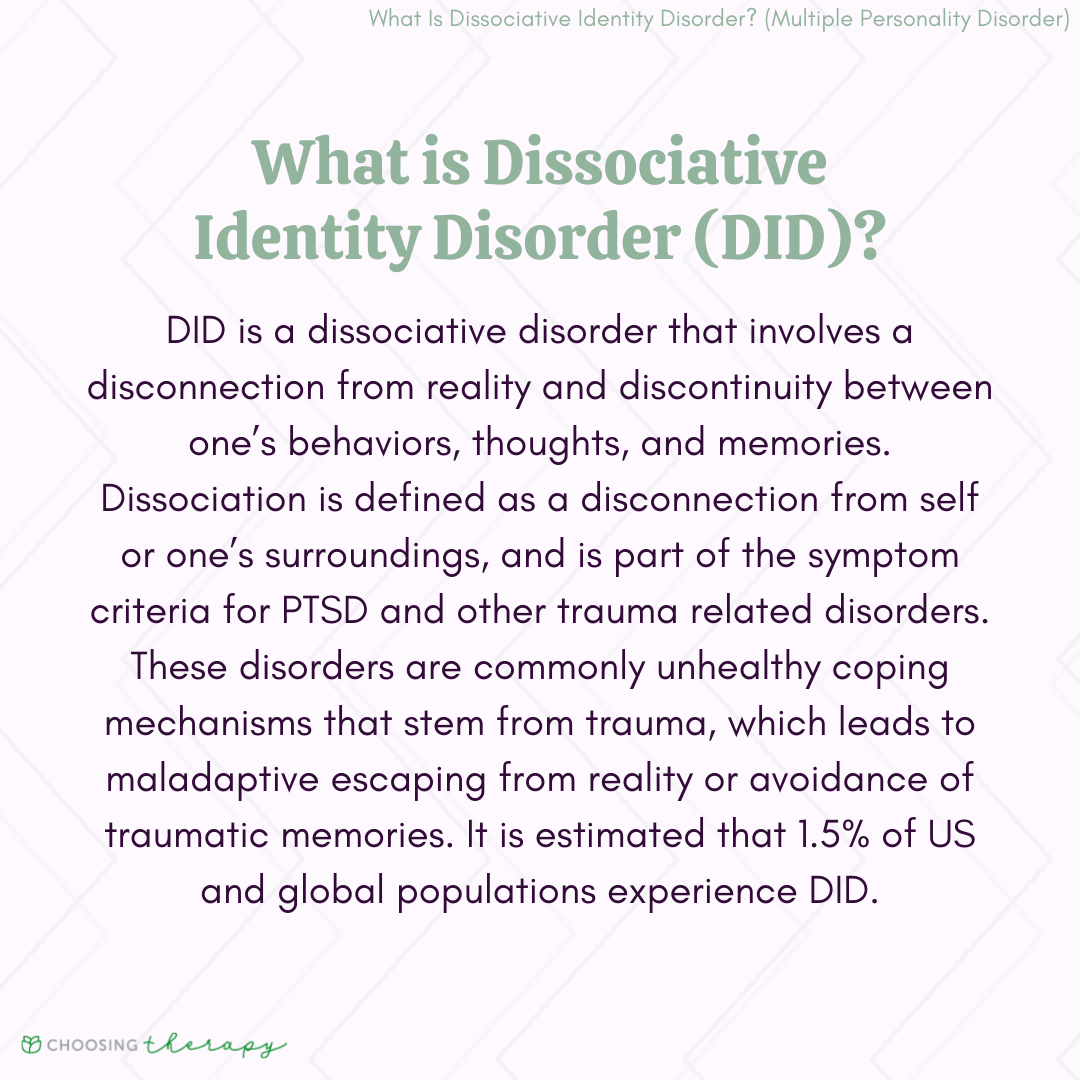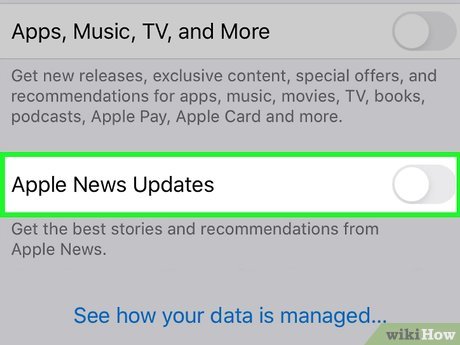Nissan’s Uncertain Future: What Buyers and Industry Watchers Need to Know in 2025
Nissan’s Current State: Facing Unprecedented Challenges in 2025
Nissan, once a pillar of the global automotive industry, now finds itself at a crossroads in 2025. Amidst reports of failed merger talks, significant financial losses, and sweeping restructuring, questions are mounting about whether Nissan is going out of business. This article provides a comprehensive, fact-based overview of Nissan’s recent developments and what they mean for car buyers, investors, and industry observers.
The End of the Honda-Nissan Merger: What Happened?
Earlier this year, Nissan and Honda ended their $50 billion merger discussions-an event that was expected to create the world’s third-largest automaker. According to industry experts, the collapse was swift and dramatic, with both companies facing mounting sales declines and strategic differences. Nissan’s leadership reportedly balked at the idea of becoming a subsidiary, marking the end of what could have been a transformative partnership [1] . This failed merger has left Nissan to chart an independent and uncertain course, intensifying speculation about its long-term viability.
Financial Performance: Losses and Restructuring
Nissan has faced one of its most difficult financial periods since the collapse of Japan’s economic bubble in the 1990s. In the most recent fiscal year, Nissan reported losses of $4.6 billion, triggering drastic measures across the company. Executives have announced sweeping cuts, including slashing 11,000 jobs, closing seven plants, and targeting $1.8 billion in expense reductions in North America over the next two years [2] . These actions underscore the urgency with which Nissan is attempting to stabilize its operations.
The company’s leadership has acknowledged the need for internal reform before considering any new partnerships. Nissan’s CEO has emphasized the importance of streamlining manufacturing, improving product quality, and restoring consumer trust as top priorities for the immediate future [2] .
Official Statements: Survival Timeline and Leadership Response
According to a statement provided to the Financial Times, Nissan reportedly has 12 to 14 months to demonstrate financial viability, making 2025 a critical year for the company’s survival [4] . While this outlook is grave, it is important to note that such predictions are subject to change as market conditions evolve and restructuring efforts take hold.
Despite these challenges, Nissan’s most recent financial results reaffirm the company’s commitment to transformation and long-term sustainability. The firm continues to report on its quarterly performance and has publicly stated its dedication to stabilizing operations and regaining consumer confidence [5] .
Ownership and Strategic Partnerships: What’s Next?
Nissan’s current ownership structure is shifting as the company seeks new partners, particularly in the fast-growing electric vehicle (EV) space. Industry analysts predict that new stakeholders-such as Chinese battery suppliers and regional investment funds-could play an increasingly important role in Nissan’s future strategy. For example, the Saudi sovereign wealth fund’s stake in the company is expected to increase over the coming year, potentially altering Nissan’s direction and global presence [3] .
Additionally, Nissan is developing a specialized EV division to keep pace with technological advances and changing consumer expectations. Buyers should expect improvements in EV infrastructure and expanded fast-charging networks as a result of these partnerships [3] .
For Buyers: Navigating Uncertainty and Protecting Your Investment
If you are considering purchasing a Nissan vehicle in 2025, it is crucial to take the company’s current situation into account. Here’s what you should monitor:
- Warranty Coverage: As new investors and strategic partners come on board, warranty terms may change. Always confirm the latest coverage details with your dealer and request written confirmation before purchase.
- Spare Parts Availability: Shifts in supply chains could mean longer wait times for replacement parts in some regions. It is advisable to inquire about parts availability for the specific model you are considering and to assess the reputation of local service centers.
- Software Updates: With technology sharing on the rise, ensuring your vehicle is compatible with the latest updates is essential. Ask your dealer about the support timeline for software updates and future-proofing features.
- Charging Infrastructure: If you are investing in a Nissan EV, confirm the compatibility of your vehicle with regional charging networks and inquire about planned infrastructure expansions in your area.
To maximize peace of mind, request documentation of warranty policies and parts support before making a purchase. Additionally, you may want to follow Nissan’s official news releases for the latest updates on company stability and product support [5] .
How to Stay Informed and Make Smart Decisions
Given the rapidly changing situation, prospective buyers and current Nissan owners should stay informed by:
- Subscribing to official Nissan updates via the company’s global news portal.
- Monitoring reputable automotive news sites and financial reporting for real-time developments.
- Consulting with local dealers about service continuity and parts supply in your region.
- Asking dealers for written statements regarding warranty, recall coverage, and after-sales support.
- Searching for recent customer reviews and experiences with Nissan service centers in your area.
If you have concerns about future support or vehicle value, you can also explore extended warranty options through third-party providers or consider certified pre-owned Nissan vehicles, which may offer additional protections.
Alternative Approaches for Automotive Buyers
In times of uncertainty, diversifying your options is prudent. If you are hesitant about purchasing a Nissan vehicle due to the company’s restructuring, consider:
- Exploring other Japanese automakers such as Toyota, Mazda, or Subaru, which have demonstrated more stable performance in recent years.
- Researching certified pre-owned vehicles with strong service and warranty programs.
- Consulting automotive industry analysts and independent reviewers for up-to-date evaluations of different brands’ reliability and after-sales support.
Remember that the automotive landscape is dynamic, and what is true today can change rapidly. Always verify information with official sources and request documentation to protect your investment.

Source: insideevs.com
Key Takeaways and Next Steps
Nissan’s future remains uncertain as the company implements drastic restructuring measures and seeks new strategic partners. While some industry observers have sounded alarms about a potential collapse, Nissan continues to operate, report financial results, and release new vehicles. Prospective buyers should exercise due diligence, stay informed, and request detailed documentation regarding warranties and support before making a purchase decision. For the latest updates, consult Nissan’s official news portal and reputable automotive news outlets.

Source: jameelwillow.pages.dev
References
- [1] YouTube (2025). Inside Automotive: Nissan’s Struggles After Failed Honda Merger.
- [2] YouTube (2025). Untamed Motors: Nissan is DEAD! Shocking Truth behind the company’s state.
- [3] ICARTEA (2025). Who Owns Nissan in 2025? Current Ownership Breakdown Revealed.
- [4] Autoblog (2024). Nissan may not survive 2025.
- [5] Nissan Global Newsroom (2025). Nissan posts first quarter results, reaffirms commitment to transformation.
MORE FROM oncecoupon.com













